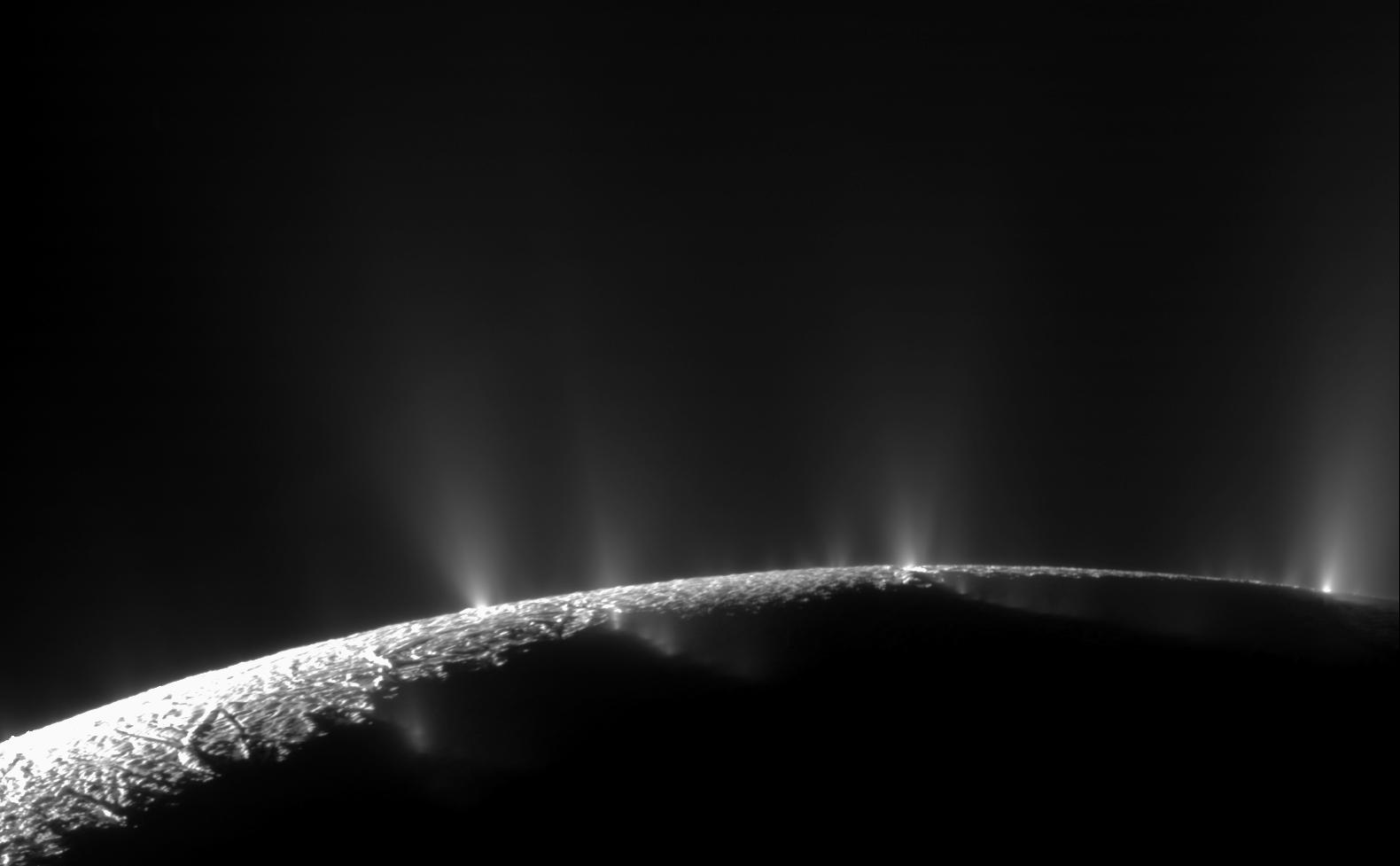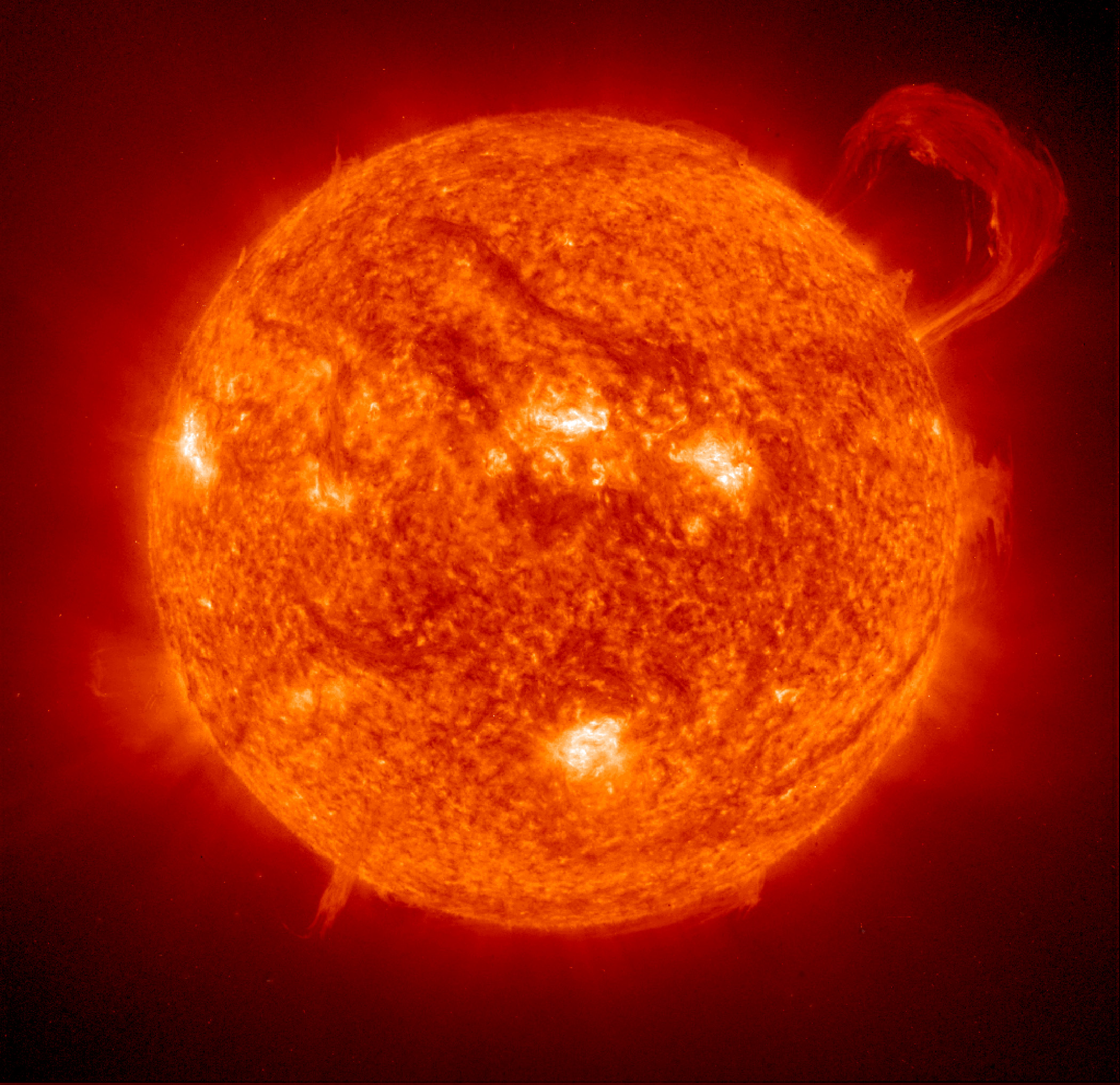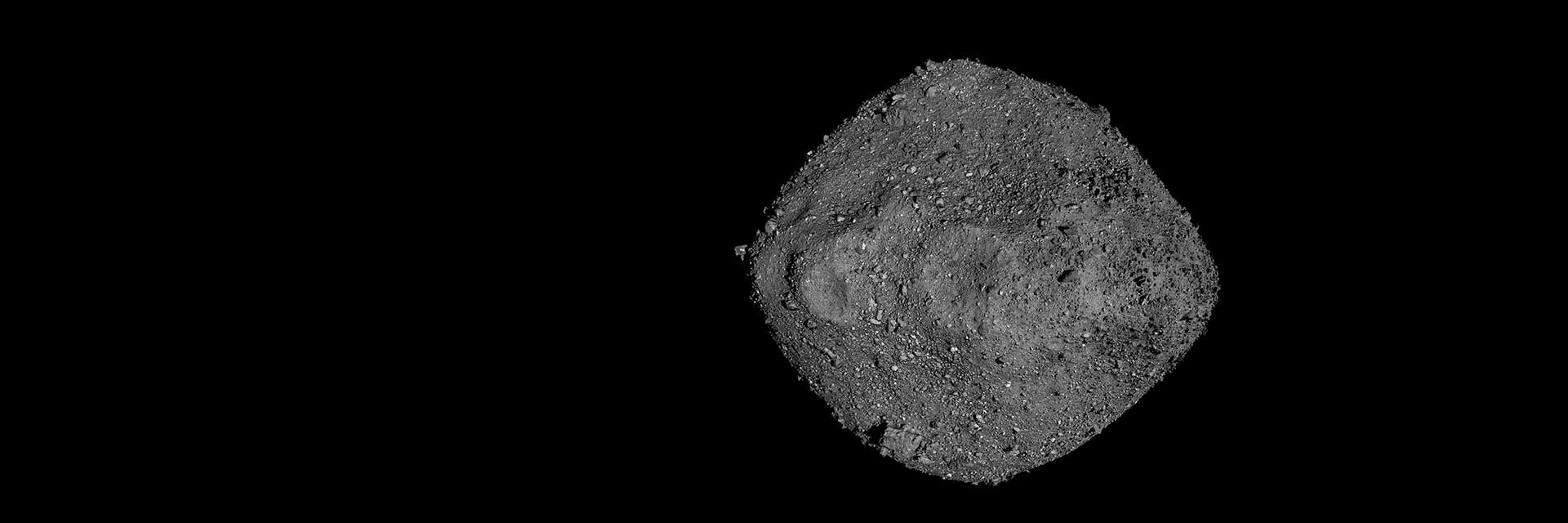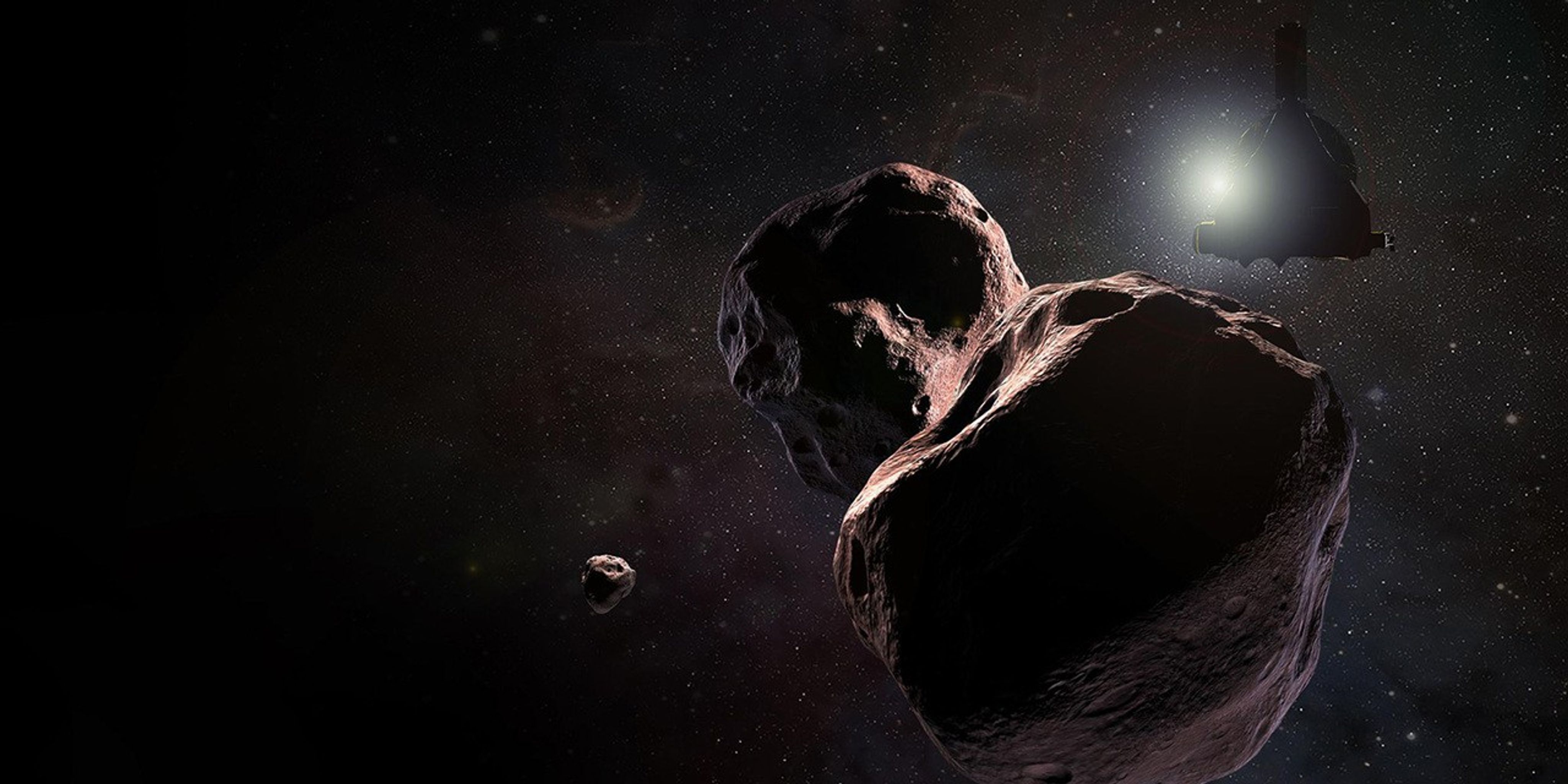3 min read
The most recent spacecraft telemetry was acquired on Oct. 5 from the Deep Space Network tracking complex at Madrid, Spain. The Cassini spacecraft is in an excellent state of health and all subsystems are operating normally. Information on the present position and speed of the Cassini spacecraft may be found on the "Present Position" page at: http://saturn.jpl.nasa.gov/mission/presentposition/.
Wednesday, Sept. 29 (DOY 272)
This week the Magnetospheric and Plasma Science (MAPS) instruments continued to collect data at their nominal survey rates, and performed a long survey using a spacecraft attitude that is optimal for solar wind and aurora measurements. Imaging Science (ISS) performed four hour observations of each of the moons Kiviuq and Siarnaq, and a five hour observation of the moon Hyrrokin. The Composite Infrared Spectrometer (CIRS) performed a 25 hour observation of Saturn to measure oxygen compounds in the stratosphere.
Thursday, Sept. 30 (DOY 273)
The minimum Sun-Earth-Probe (SEP) angle of 2.12 degrees at the midpoint of the solar conjunction period took place today. Attitude control was switched from reaction wheels to thrusters to facilitate a possible redistribution of lubrication in the wheel bearings during this time.
Friday, Oct. 1 (DOY 274)
The Attitude and Articulation Control Subsystem (AACS) A8.8.0 flight software (FSW) final Integrated Test Laboratory (ITL) end-to-end test was successfully completed today in preparation for the upcoming A8.8.0 FSW Uplink Readiness Review scheduled on Oct. 7, 2010.
Sunday, Oct. 3 (DOY 276)
The Solar Conjunction period ended today as the spacecraft reached an SEP angle of 3 degrees. Attitude control was returned to reaction wheel control, ending the 3-day period with the wheels turned off.
Five instrument expanded block (IEB) files were radiated to the spacecraft today over DSS-15 in support of the S64 sequence. The S64 background sequence will be uplinked on Wednesday, Oct. 6, and go active on Monday, Oct. 10.
Monday, Oct. 4 (DOY 277)
A week-long series of presentations and poster sessions at the 42nd annual meeting of the American Astronomical Society's Division of Planetary Sciences (DPS) begins today. A presentation titled "Cassini-Huygens in the Saturn System: Recent Science Highlights and the Solstice Mission" by the Cassini Project Scientist and additional talks by other Cassini Team members were given today.
A press briefing called "A Perrier Ocean and Other Saturnian Curiosities from Cassini-Huygens" was held today at the DPS meeting at the Pasadena Convention Center. The topics covered included a proposed model of a "Perrier" ocean feeding the jets of Enceladus, a puzzling, narrow "crack" in one of Saturn's rings that is associated with undulations that look like an ocean swell, and a look-ahead to the new Cassini Solstice Mission.







